Designing an interactive smart waste bin
We present results of our research on an interactive smart waste More
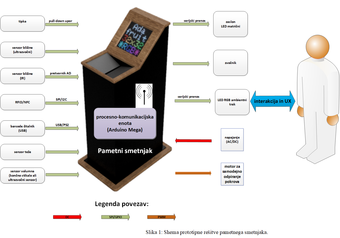
We present results of our research on an interactive smart waste More

In this paper Jože Guna and his colleagues present the design process of building an interactive smart trashcan. First, we provide the overview of the smart trashcan field for several domains. We made an overview of professional solutions for city operators as well as garbage collecting...
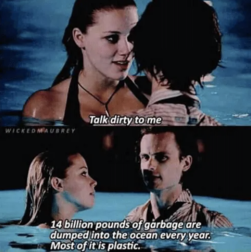
The article examines the concept and metaphorical meaning of waste and dirt in short folklore forms, including archival material (phrasemes, proverbs, and beliefs) and also internet memes as a new, contemporary folklore form. Waste and dirt are traditionally conceptually linked to metaphors of...
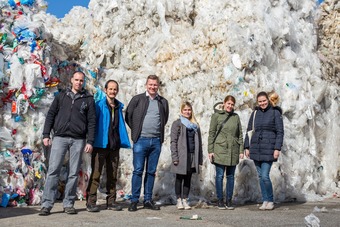
The authors, Daša Ličen and Dan Podjed, look into two environmental movements that arose from grassroots initiatives. The first is Ecologists without Borders, the leading NGO promoting waste reduction in Slovenia. The second is Critical Mass, an international cyclists’ movement that...

This article is a discussion of the issue of agency in an age defined by common challenges that manifest themselves both locally and globally. In particular, the author argues for a dispersed, non-linear understanding of individual agency as it relates to the global crisis of plastic waste as a...

The article highlights the need to rethink and reconceptualise the accepted concepts of smart cities and villages by shifting the attention from technology and technological solutions and moving it towards understanding the significance of communities and sustainability. The conceptual framework...

In recent years, food waste has become an important issue that attracts attention from scientists, consumers, and activists. According to the World Bank, one third of food produced for human consumption is wasted. In Slovenia, almost 131,800 tons of food waste were generated in 2017, or 64 kg per...
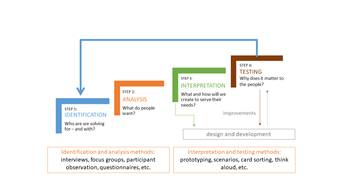
The purpose of ethnography is not only to under-stand the social worlds and their cultural specifics, but also to develop technological solutions that enable the transformation of human practices. The article focuses on the development of such solutions which are based on ethnographic findings....
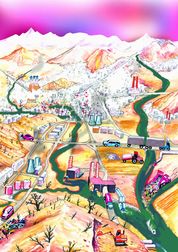
Our colleagues in the project, Katarina Polajnar Horvat and Aleš Smrekar used findings from sustainability studies to present the development of environmental urban geography in Slovenia in recent decades. Modern European cities, of which Ljubljana is no exception, depart significantly...